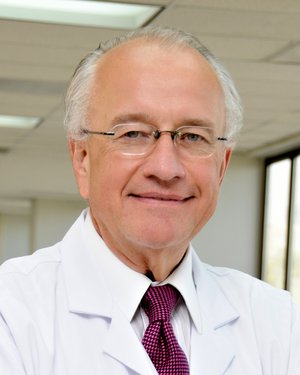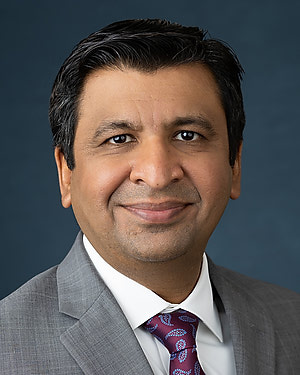Research Lab Results
-
John Sampson Lab
Researchers in the John Sampson Lab investigate relevant, appropriate, affordable and sustainable ways to improve anesthesia and perioperative care in low-resource settings. The team’s research interests include the Universal Anesthesia Machine; interpersonal relationships between anesthesia providers and their patients; how the quality of those relationships impacts professionalism, autonomy, anxiety, patient cooperation and patient satisfaction; how disease influences cerebrovascular reactivity as measured by MRI; and how education and communication can improve medical care in Africa and other austere environments. The team is currently working with clinicians in Ghana, Ethiopia and Kenya. -
Colleen Christmas Lab
The Colleen Christmas Lab studies geriatric medicine, with a focus on geriatric education, interventions to reduce inappropriate nursing home citations by state surveyors, nutrition and fall prevention for geriatric patients, and perioperative geriatric care.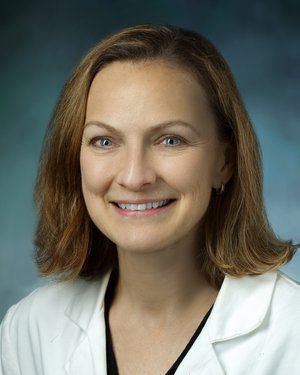
-
Deborah Schwengel Lab
Research in the Deborah Schwengel Lab focuses on perioperative care of pediatric patients with obstructive sleep apnea as well as anesthetic care for patients undergoing ethanol embolization of vascular malformations. Our team also explores topics within graduate medical education. In this field, our work has involved evaluating both an educational curriculum and a disaster preparedness curriculum for anesthesiology residents. We also have a long-standing interest in international adoption medicine.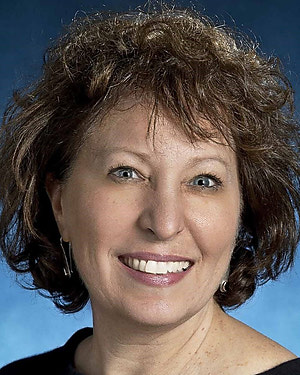
-
Jon Russell Lab
The Jon Russell lab focuses on thyroid and parathyroid pathology as well as improving patient safety and education using healthcare technology. Additional focuses include utilizing new technology to advance on the techniques of minimally invasive neck surgery. Current and previous efforts include the development of mobile and web-based applications to educate physicians and patients, utilizing ultrasound for vocal cord imaging, understanding the nuances of advanced thyroid cancer, and exploring the role of scarless thyroid surgery in a North American population.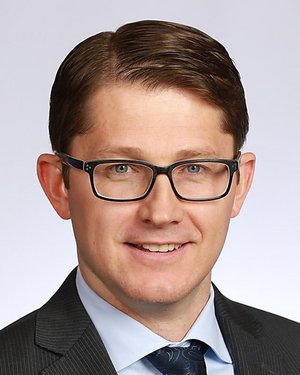
-
Athir Morad Lab
Research in the Athir Morad Lab primarily focuses on perioperative pain management for neurosurgery patients. Our team has conducted two randomized controlled trials to assess the efficacy of patient-controlled analgesia (PCA) following craniotomy. Our current research includes studies on the safety of opioid administration following craniotomy through the use of end-tidal CO2 detection, as well as research into the use of transcortical magnetic stimulation (TMS) for managing pain after spine surgery. -
Allan Gottschalk Lab
Research in the Allan Gottschalk Lab focuses on the mechanisms behind neuropathic pain, chronic pain related to nerve injury. We are investigating biophysical models of the impact of general anesthesia on the central nervous system; informational aspects of sensory perception and the representation of sensory input; nonlinear dynamics of respiratory pattern generation; and acute perioperative pain.
Principal Investigator
Department
-
John Ulatowski Lab
Research in the John Ulatowski Lab explores the regulatory mechanisms of oxygen delivery to the brain and cerebral blood flow. Our work includes developing and applying new techniques and therapies for stroke as well as non-invasive techniques for monitoring brain function, fluid management and sedation in brain injury patients. We also examine the use of novel oxygen carriers in blood. We’ve recently begun exploring new methods for perioperative and periprocedural care that would help to optimize patient safety in the future. -
Chirag Parikh Lab
Dr. Parikh's research focuses on the translation and validation of novel biomarkers for the diagnosis and prognosis of acute kidney injury. Progress in kidney diseases has been hamstrung by significant heterogeneity within the current disease definitions, which are largely based on serum creatinine. Dr. Parikh's research has addressed this critical challenge by developing biomarkers of renal tubular injury, repair, and inflammation to dissect this heterogeneity. He has assembled multicenter longitudinal prospective cohorts for translational research studies across several clinical settings of acute kidney injury and chronic kidney disease for the efficient translation of novel biomarkers.
His research is dedicated to the process of applying discoveries generated in the laboratory and in preclinical experiments, the development of clinical studies, and the design of clinical trials. Dr. Parikh's studies have refined the clinical definition in perioperative acute kidney injury and hepatorenal syndrome, developed strategies to reduce kidney discard in deceased donor transplantation, and advanced regulatory approvals of kidney injury biomarkers. He has also developed biomarkers to identify rapid progressors of early diabetic kidney disease before derangements in serum creatinine. Dr. Parikh's research goal is to translate our understanding of pathophysiological mechanisms into clinical practice and improve the outcomes in patients with kidney disease.
Dr. Parikh has also been the recipient of numerous honors, including the 2017 Young Investigator Award from the American Society of Nephrology. -
Charles Hugh Brown Lab
The Charles Hugh Brown Lab researches cognitive dysfunction, with a focus on quality of care and outcomes regarding perioperative management of older patients. Our studies explore post-operative delirium, cognitive changes and transfusion practices. We also have a longstanding interest in cerebral autoregulation and its role in post-surgical outcomes.
Principal Investigator
Department
-
Daniel Nyhan Lab
The Daniel Nyhan Lab studies vascular changes that accompany aging to determine the underlying causes and find ways to reverse the process. One goal of our research is to identify the factors that cause vascular stiffness. Our hope is that our work in vascular biology will lead to new ways to improve vascular compliance and thereby improve cardiovascular function and perioperative risk.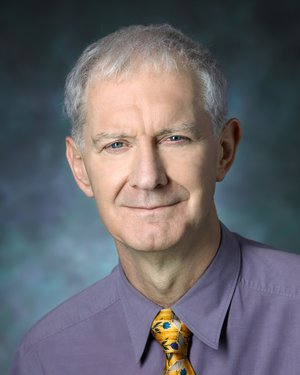
Principal Investigator
Department



